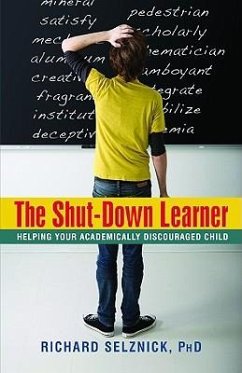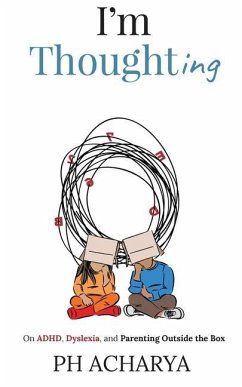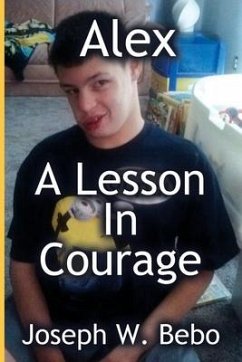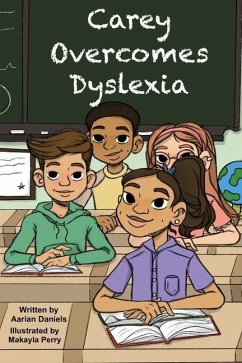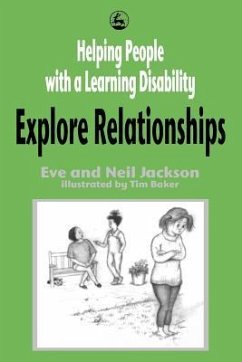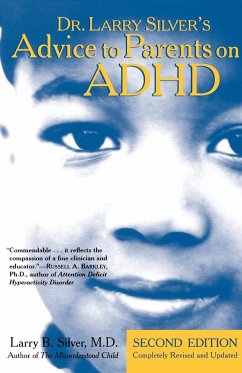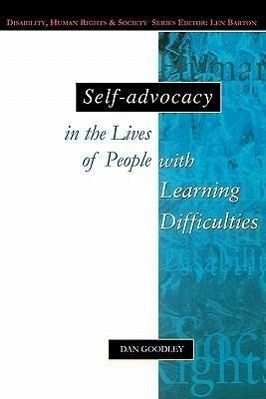
Self-Advocacy in the Lives of People with Learning Difficulties
Versandkostenfrei!
Versandfertig in über 4 Wochen
38,99 €
inkl. MwSt.

PAYBACK Punkte
19 °P sammeln!
* How do people with the label of learning difficulties challenge disabling environments? * What role can professionals play in supporting such challenges? * How do self-advocacy groups contribute to disability politics and the development of theories of disability? This timely book sets out to answer these questions for students, teachers and practitioners working in the field. It examines self-advocacy in the lives of people with learning difficulties. The term 'learning difficulties' is used to describe people who have been labelled at some point in their lives as requiring specialist 'ment...
* How do people with the label of learning difficulties challenge disabling environments? * What role can professionals play in supporting such challenges? * How do self-advocacy groups contribute to disability politics and the development of theories of disability? This timely book sets out to answer these questions for students, teachers and practitioners working in the field. It examines self-advocacy in the lives of people with learning difficulties. The term 'learning difficulties' is used to describe people who have been labelled at some point in their lives as requiring specialist 'mental handicap services'. Learning difficulties is preferred over other synonyms such as mental handicap, mental impairment or learning disabilities, because it is the term preferred by many in the self-advocacy movement (the focus of this book). Hitherto, a number of books have introduced and examined the notion of self-advocacy. This volume goes beyond these studies to offer an appraisal of self-advocacy in the lives of people with learning difficulties that is grounded in their own experiences. It redresses the dominant focus on learning difficulties as pathology or tragedy, highlighting the ways in which people so-labelled are fighting for their own human rights in a disabling society through their involvement in self-advocacy groups. It outlines a number of lessons for supporters, policy makers, professionals and service providers in relation to the resilience of self-advocates with learning difficulties and gives examples of good practice.




